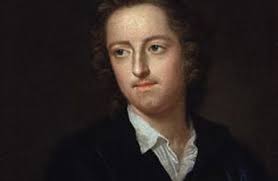Ode On A Distant Prospect Of Eton College

Thomas Gray (born Dec. 26, 1716, London—died July 30, 1771, Cambridge, Cambridgeshire, Eng.) English poet whose “An Elegy Written in a Country Church Yard” is one of the best known of English lyric poems. Although his literary output was slight, he was the dominant poetic figure in the mid-18th century and a precursor of the Romantic movement.